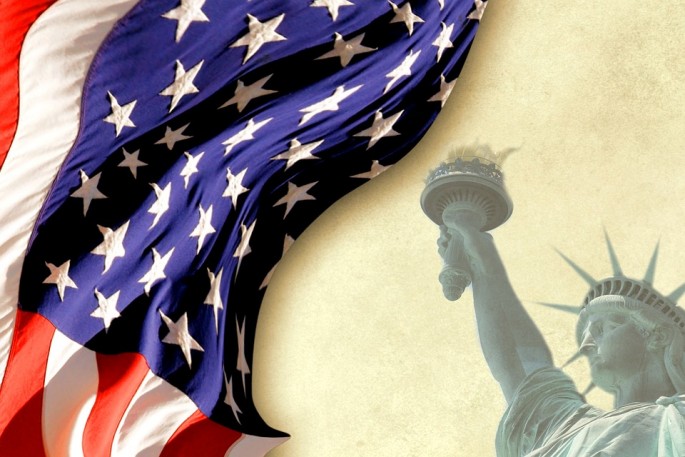As the two largest economic superpowers in the world, Chinese and American companies do a lot of business together, meaning their citizens often have cause to travel between the two countries. Also, as many Chinese immigrants have settled in the United States over the decades, there are thousands of visitors from China to the US each year who come to visit family and friends.
For many years, every Chinese passport holder who intended to visit the United States, whether for business, pleasure, or any other reason, was only required to hold a B1, B2, or B1/B2 visa, which was valid for 10 years and had to be shown to immigration officers at their American port of entry.
As a new aspect of the visa granting system, American travel officials implemented a program titled the Electronic Visa Update System (EVUS). As of November 29th, 2016, in addition to their valid B1, B2, or B1/B2 visa, an EVUS is required for Chinese passport holders before they will be granted entry into the United States.
The EVUS enrollment program is an online procedural process that was designed to be straightforward to apply for and receive. Read on to find out more about what it entails and how to acquire it.
EVUS Application Requirements
Applying for an EVUS application for Chinese passport holders is a simple but important part of the visa acquisition process. There are a few requirements that each person who aims to enroll in the program must have, so the many Chinese citizens who already hold a B1, B2, or B1/B2 visa, should gather the following personal items:
● A People's Republic of China passport with a minimum of six months of validity remaining from the traveler's intended date of entry into the United States
● Their valid 10-year B1, B2, or B1/B2 visa
● An email address so they can receive confirmation of their EVUS
● A credit or debit card as the EVUS carries an application fee
Note: The EVUS program applies not only to citizens from mainland China, but also to travelers from Macau, Hong Kong, and Taiwan.
How Long Does the EVUS Remain Valid For?
Part of the appeal of the B1, B2, and B1/B2 visas for Chinese citizens is that they have a validity of ten years. Considering that most passports tend to also have a ten-year window before expiration, this means that in the majority of cases, Chinese passport holders will only require one visa per passport.
While the policies for visa eligibility continue to change, the EVUS is a separate entity altogether. An EVUS is valid for up to two years, no matter if their visa and passport have more time remaining before they expire.
Within that two-year window, EVUS holders qualify for multiple entries into the United States, and they are eligible to stay for a total time of six months inside the country. The EVUS must be valid when the traveler enters the US, but it is not a problem should the EVUS expire during their stay.
A traveler must enroll in the EVUS program again, even if they have done so in the past should any of these circumstances apply to them:
● The two-year window of their EVUS has elapsed, rendering it expired
● Their passport has expired or will expire within fewer than six months
● Their B1, B2, or B1/B2 has expired
● They have legally changed their name, sex, or nationality
Traveling to the US on an EVUS
The coronavirus has made travel difficult for every nation in the world. For anyone who aims to visit the United States, simply holding a valid EVUS, visa, and passport does not guarantee entry. It is wise to always stay up to date on the most recent news and information regarding travel restrictions when planning to visit the US or go anywhere abroad.
As always, the discretion as to whether someone will be granted entry into another country is in the hands of the border and immigration officers who examine each traveler's information. In rare cases, even if all of someone's papers are in order, it is still possible to be denied entry for any number of reasons.
The COVID-19 pandemic has made the already heavily politicized topic of international movement more difficult on both a personal and a national level as governments must consider the safety of their citizens as well as their country's economic outlook.
Thankfully, the rolling out of several vaccinations across both China and the US has given people hope that we will soon be able to resume international travel at the levels that the world saw before the pandemic hit. This means that Chinese passport holders with a valid visa and EVUS will once again be able to visit the US to visit their family and friends and conduct business.



























